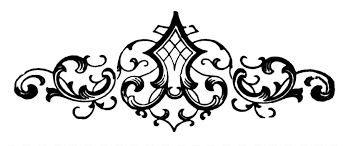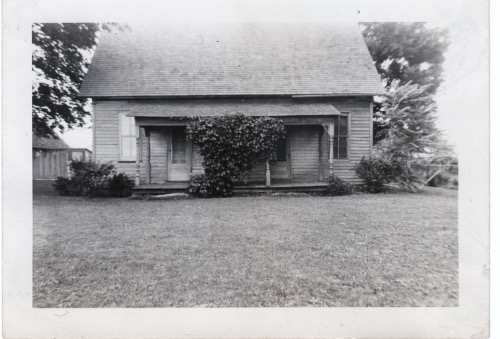
In those days, everybody charged their groceries. My Dad had a account book for each family with their name at the top in large black letters. They would pay something on their account every week. The only problem being that they always charged a little more than the amount of the payment. They might charge $15.00 for the week and make a payment of only $10.00. They would always have a balance.
Between 1929 and 1933, the quantity of goods and services produced in the United States fell by about one-third, the unemployment rate soared to 25% of the labor force. The stock market lost 80% of its value and over 7000 banks failed. When a bank failed, it was closed. They were required to be certified before they could reopen. This certification indicated that they had sufficient reserves to be solvent. Not many of these banks ever opened their doors again. The depositors lost all their money.
My Dad told the story about the day the banks closed in Indiana. He had a loan payment due at the bank in New Richmond. He had money in a bank in Lafayette. Early in the day he went to Lafayette and got a cashier's check for $500. By the time he got back to the bank in New Richmond, the banks had received the order to close and cease all their activities. He was the last patron to slip through the doors before they closed, but when he got up to the counter, the cashier told him that she could not accept his payment. "Your check is no good, she told him. That bank is now closed." As I remember, she finally did accept his check. He kept telling her that it was a cashier's check which he got before the order came to close the bank.
This was a disastrous time for those farmers and for everyone. As it turned out, Ralph had to close the meat market. He could never collect the money owed him, and he later gave us those books with the names on them for us to play "store."
 |
 |
 |
| Previous | Home | Next |